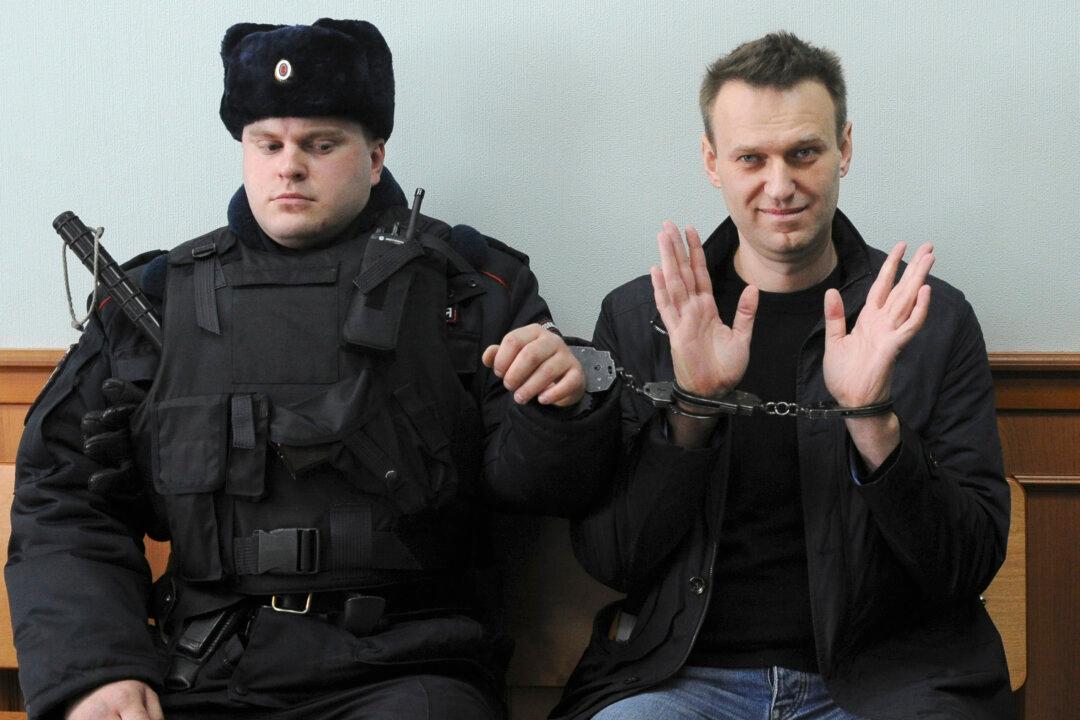Jailed Russian opposition leader Aleksei Navalny was awarded the European Union’s top human rights prize on Wednesday for his efforts in challenging President Vladimir Putin’s grip on power.
“He has fought tirelessly against the corruption of Vladimir Putin’s regime. This cost him his liberty and nearly his life. Today’s prize recognises his immense bravery and we reiterate our call for his immediate release,” European Parliament President David Sassoli wrote on Twitter.





